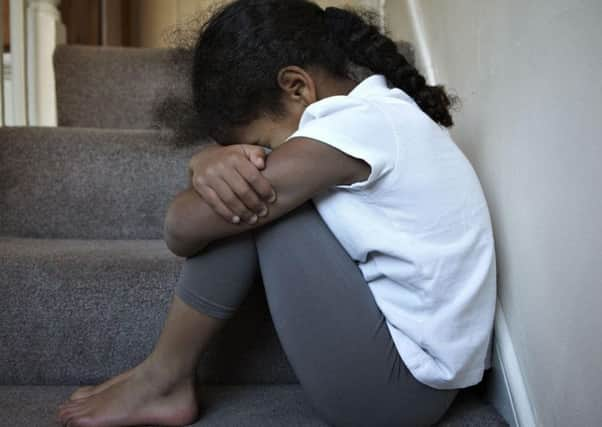Five sex crimes against NI kids recorded every day


Data obtained by the leading children’s charity the NSPCC shows there were 2,036 recorded offences including rape, grooming and sexual assault against children in the Province in 2018/19.
The startling figures represent a rise of over 34% since 2014/15 and equates to more than five sex crimes against a child every day.
Advertisement
Hide AdAdvertisement
Hide AdAcross the UK, in the same period, there were 76,204 of these offences.
A total of 44 out of 45 police forces across the UK provided the NSPCC with the latest data on sexual offences against under 18-year-olds.
And the charity is now calling for a radical reshaping of support for these children.
Neil Anderson, head of NSPCC NI, said: “Record numbers of child sexual offences means we are facing a crisis in the help available for thousands of children.
Advertisement
Hide AdAdvertisement
Hide Ad“These children have the confidence to disclose what happened to them but in too many cases there is not enough timely, joined up and child-friendly support.
“We need a radical rethink in the way we help these young people, otherwise they could struggle for the rest of their lives with long term, deep-seated trauma.”
The NSPCC is seeking the provision of specialised services, with an emphasis on “integrated and tailored support” from justice, health and social care and specialist services for children who have experienced sexual abuse, offered in child-friendly spaces.
LTFI, which is available in the NSPCC Service Centres in Belfast, Foyle and Craigavon, provides therapeutic support to help children recover from sexual abuse.
Young people aged eight to 17-years-old who used the service showed a significant reduction in psychological and behavioural problems, the charity said.